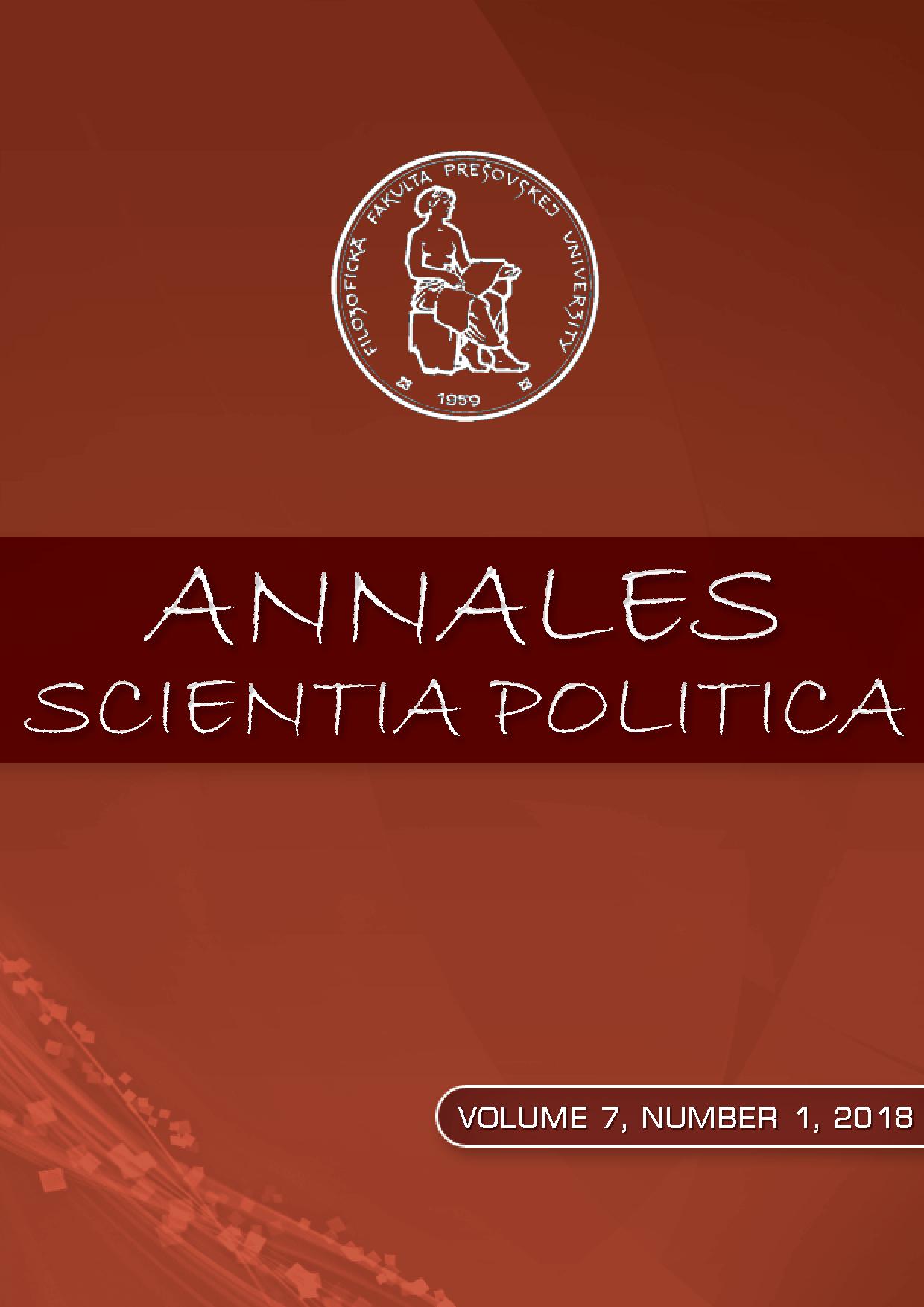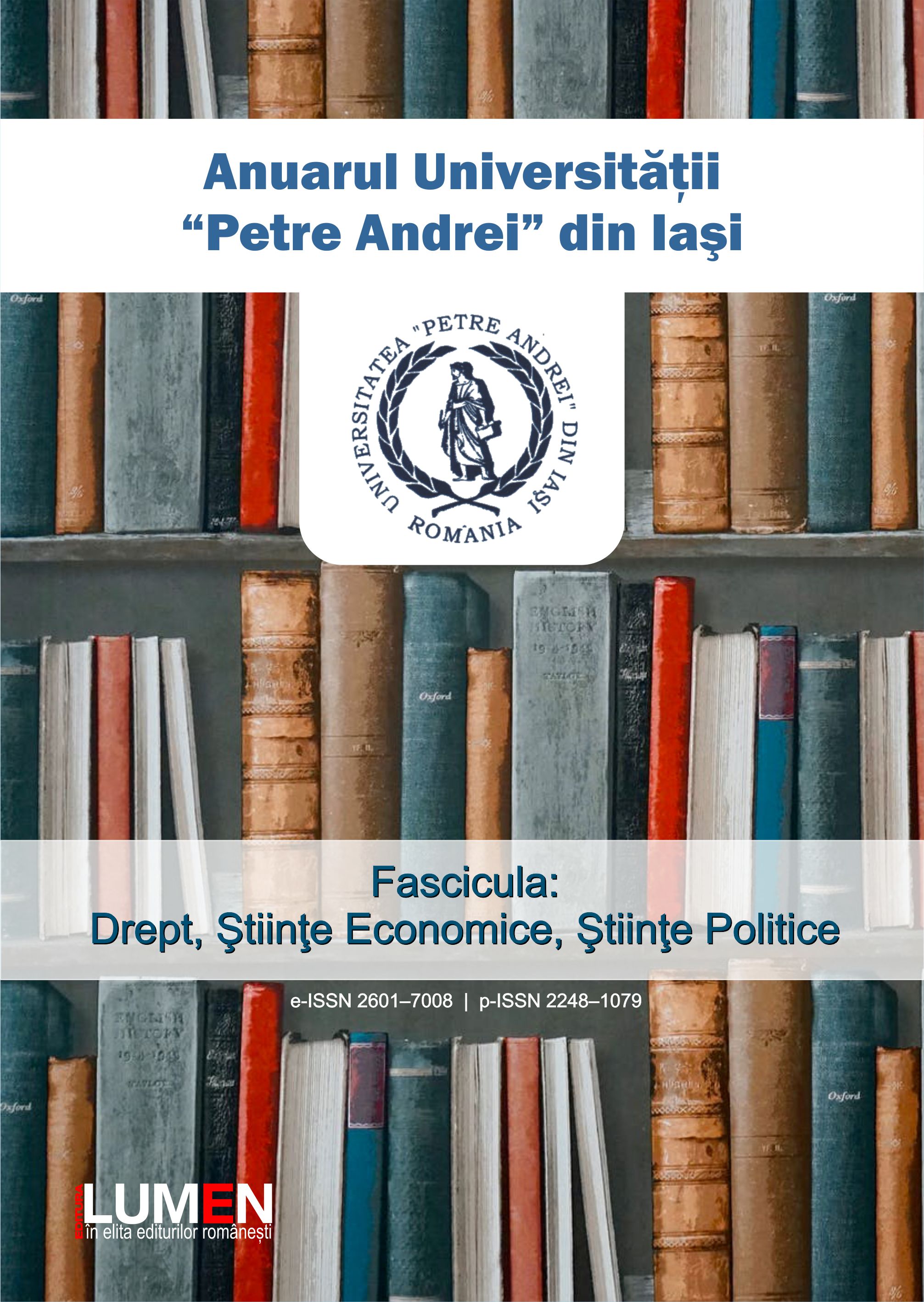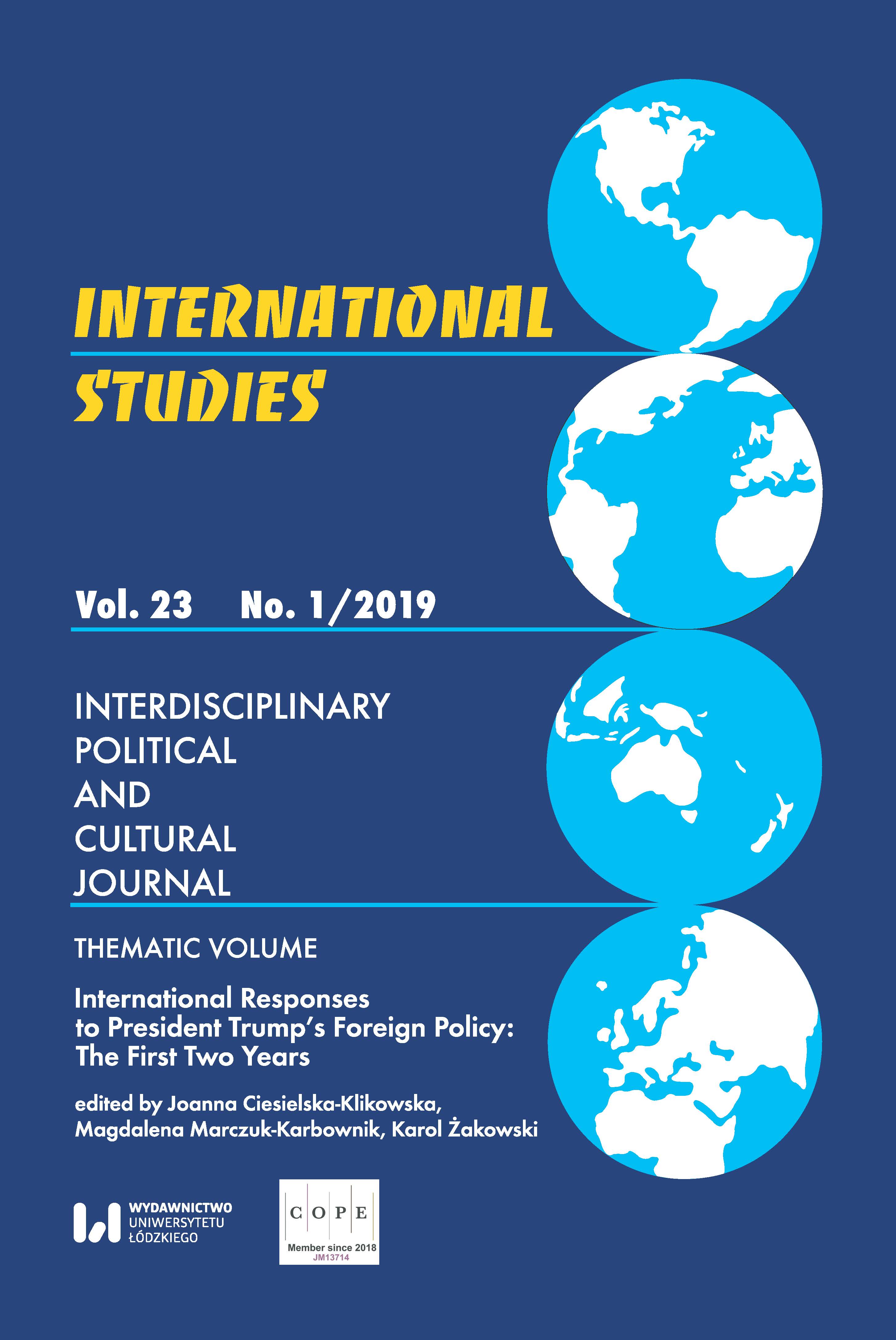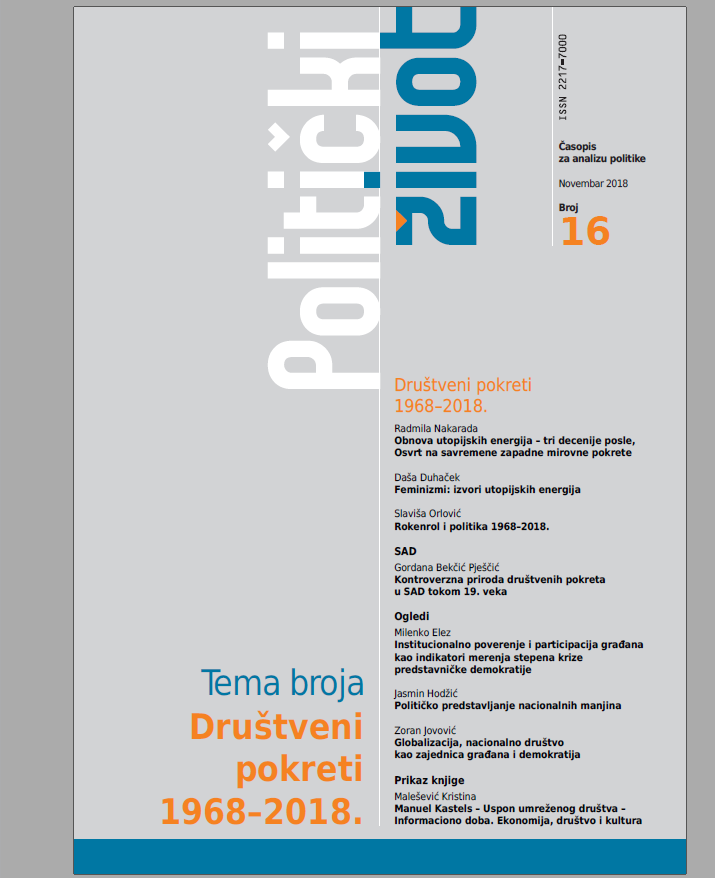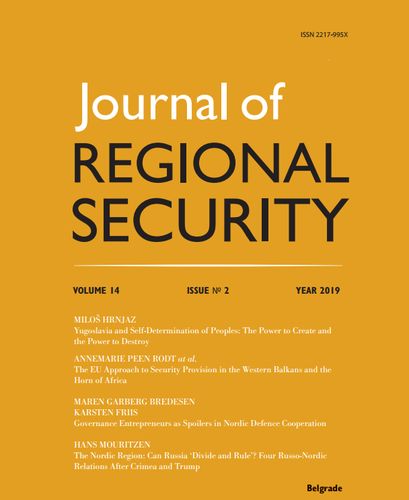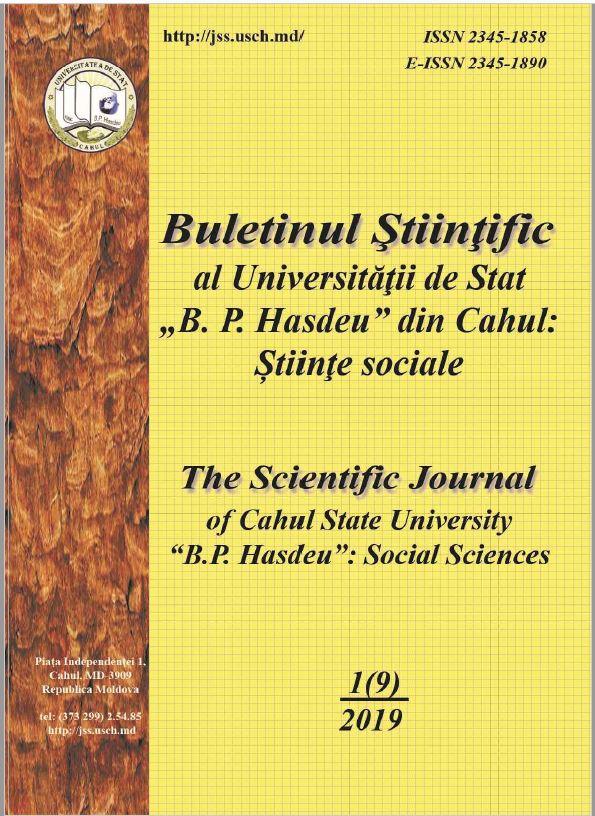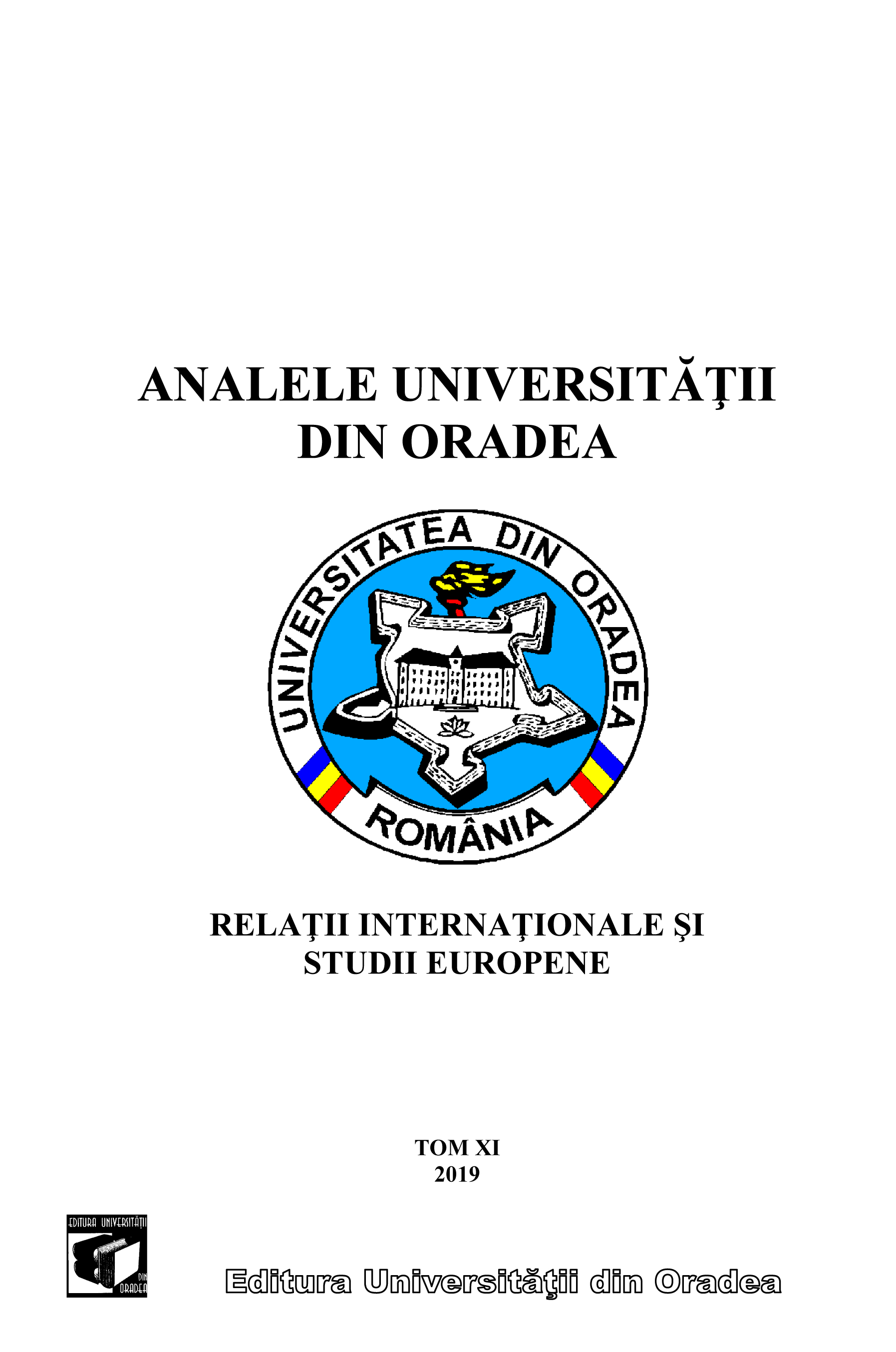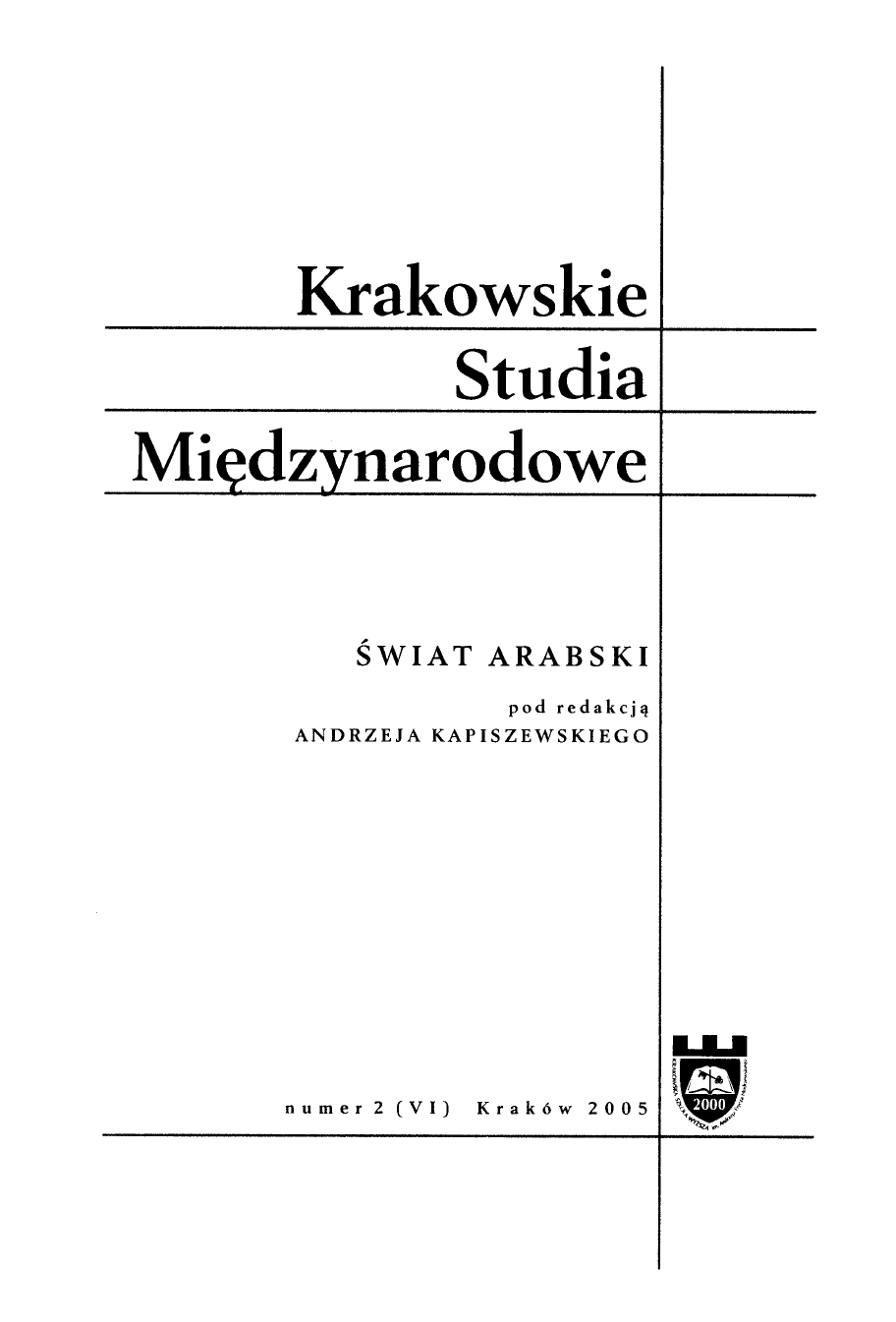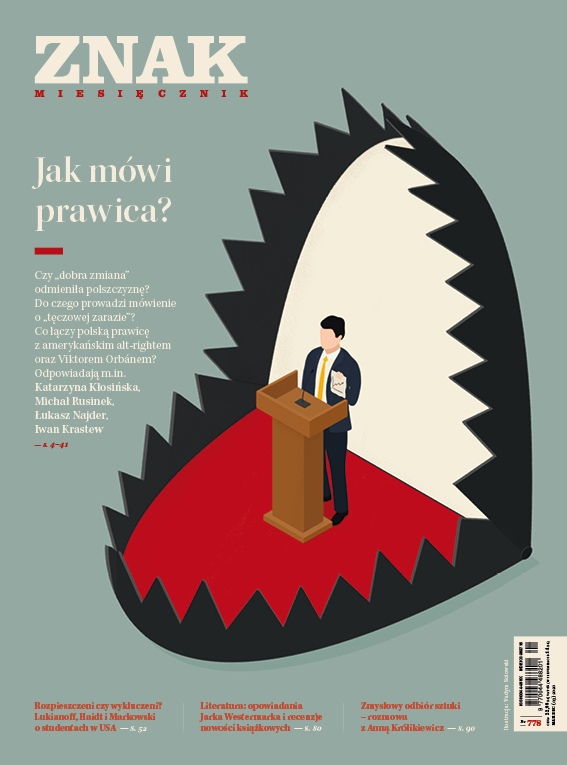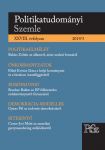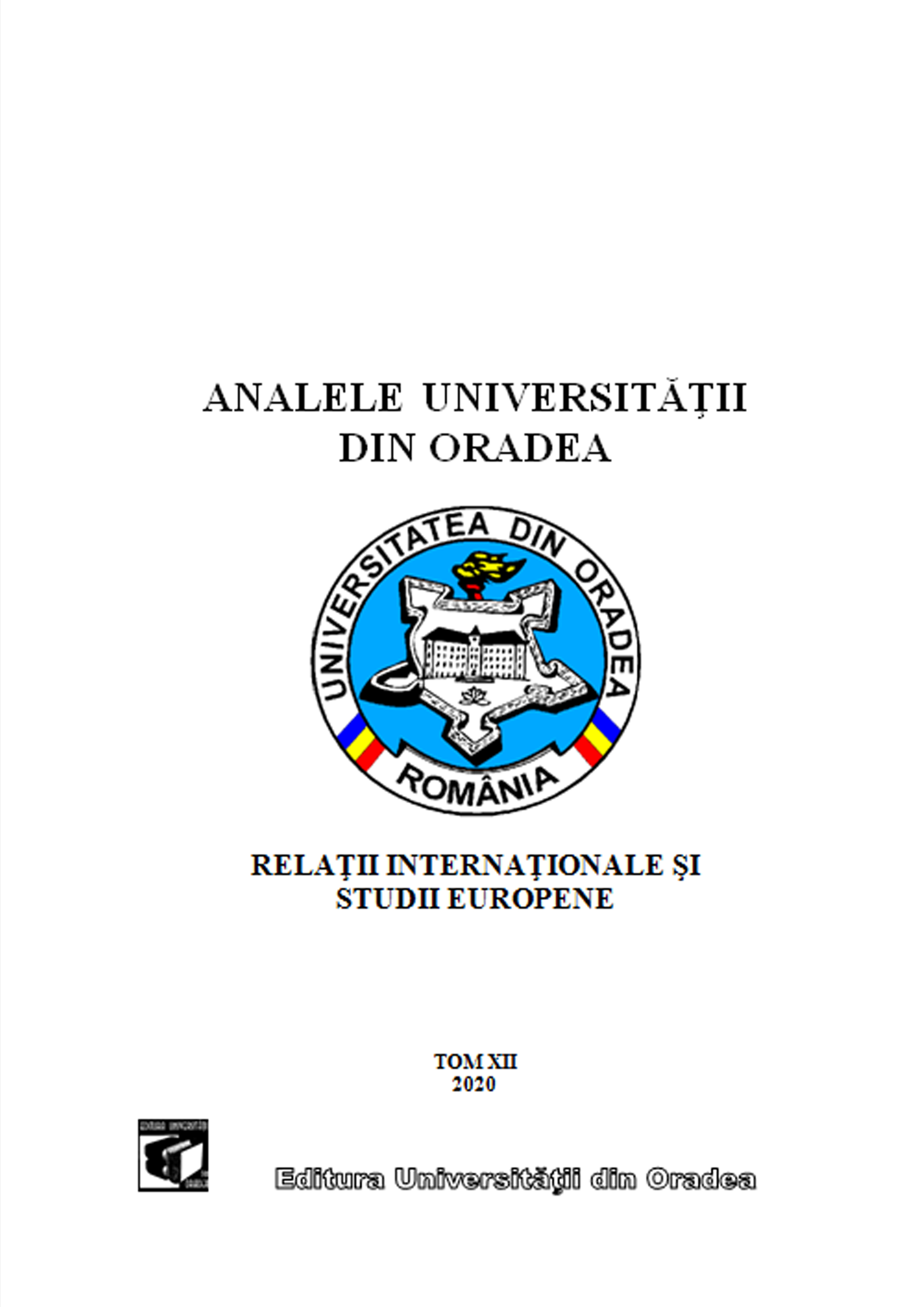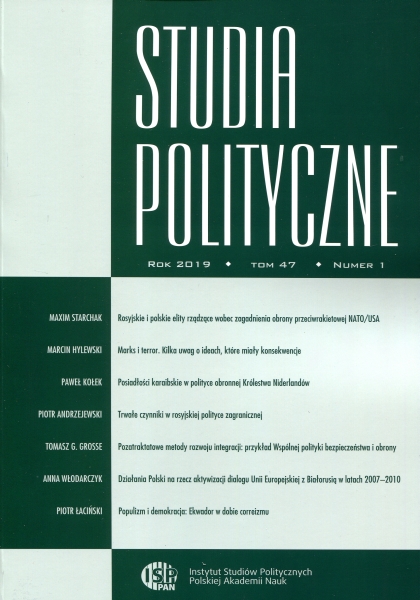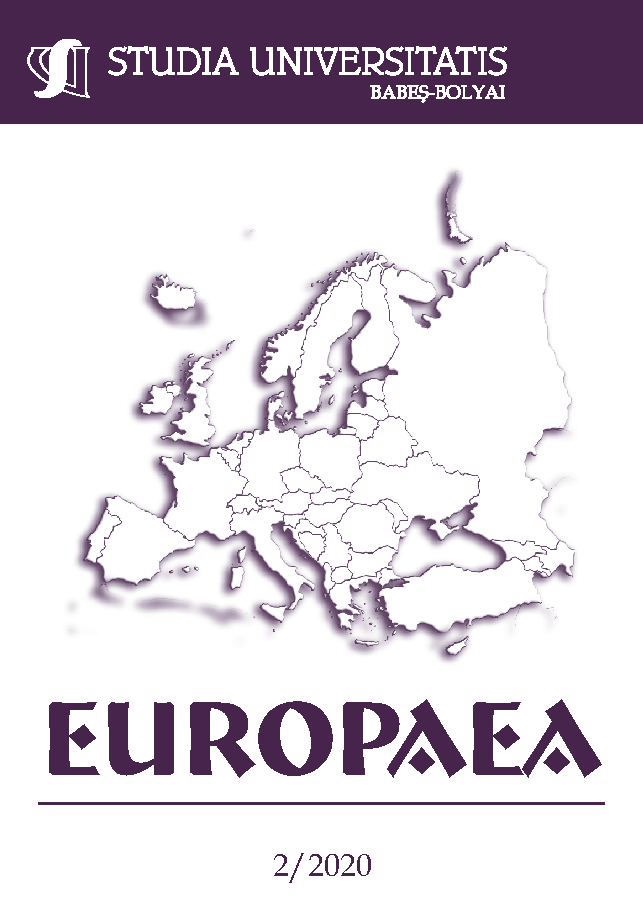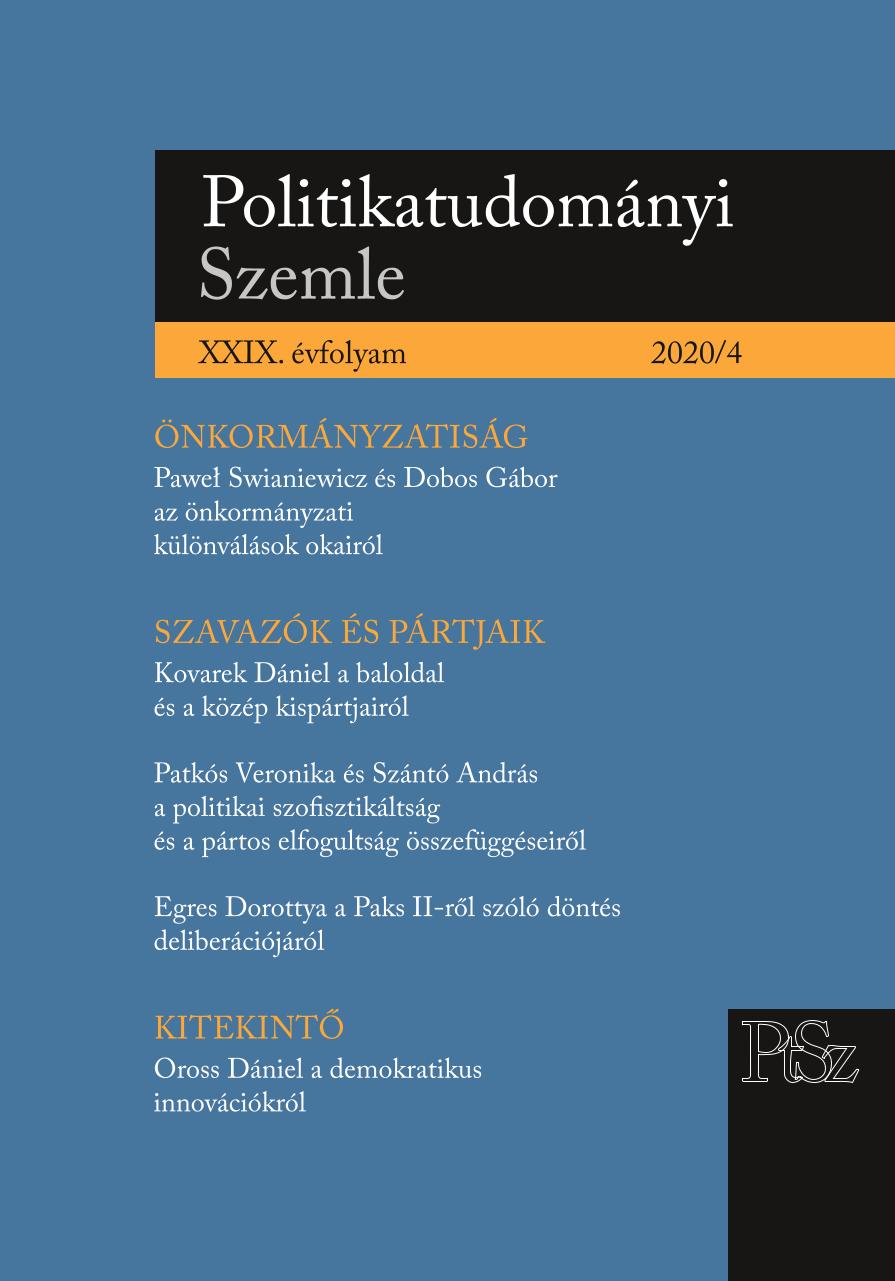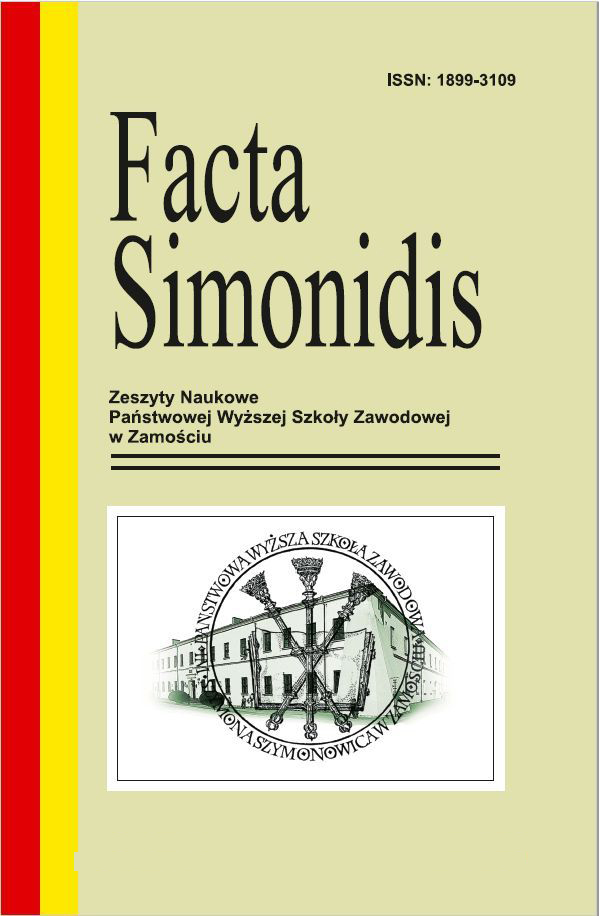
Peculiarities of decision making by authorities in Ukraine in the transformation period
This article analyzes the process of as well as the impact of transformation processes, political crisis and personal characteristics of governmental actors in policy-making. The present research concludes that the speed and efficiency of decision-making depends on the political and legal standards of government entities, their competence, as well as the ability to use the available resources and take responsibility for decision-making. During the transformations and political crisis there are a number of factors that affect the decision-making process, such as compliance with time parameters in deciding the objective and full-scale clear awareness of decision-making by the authorities.
More...
